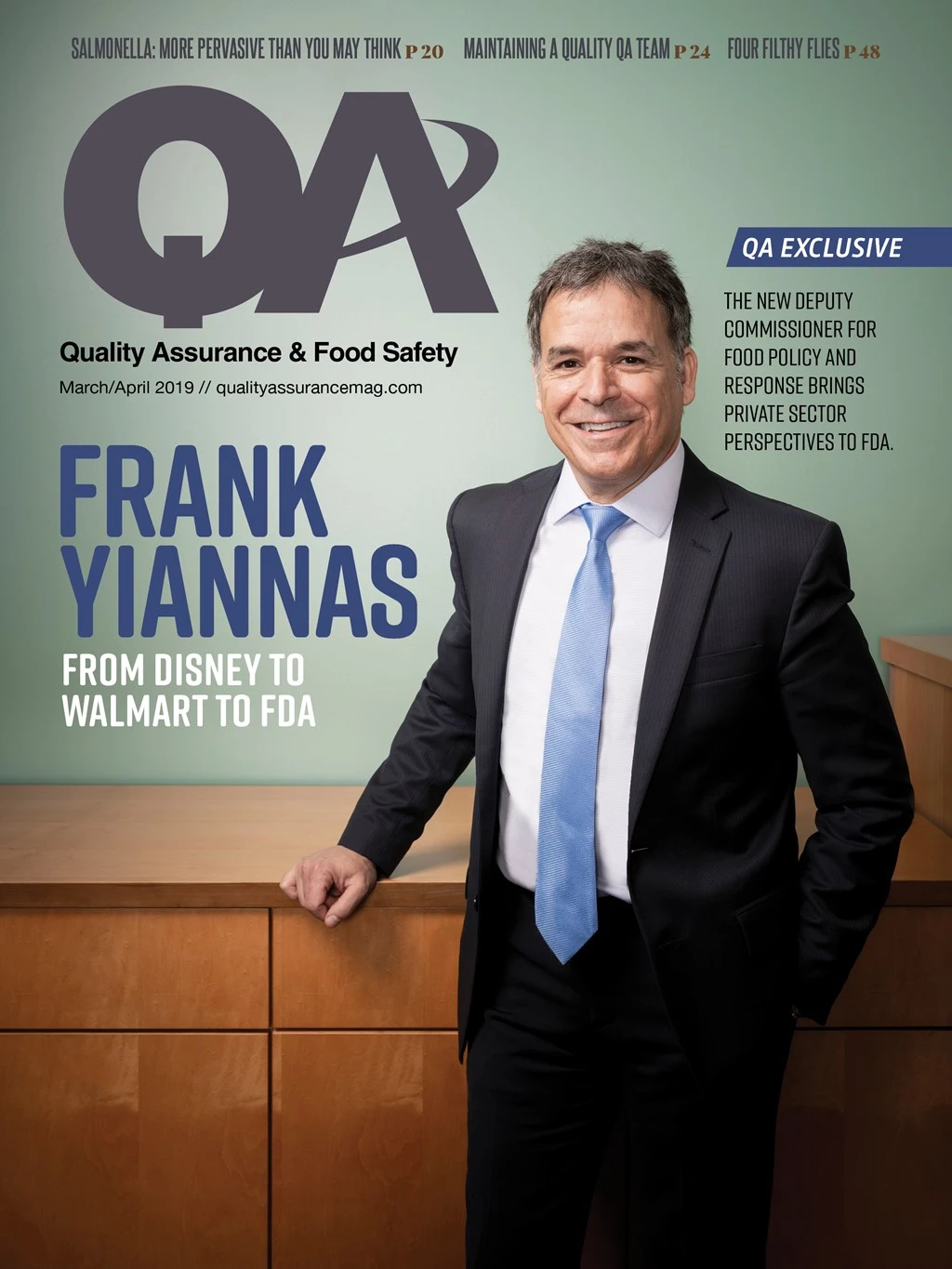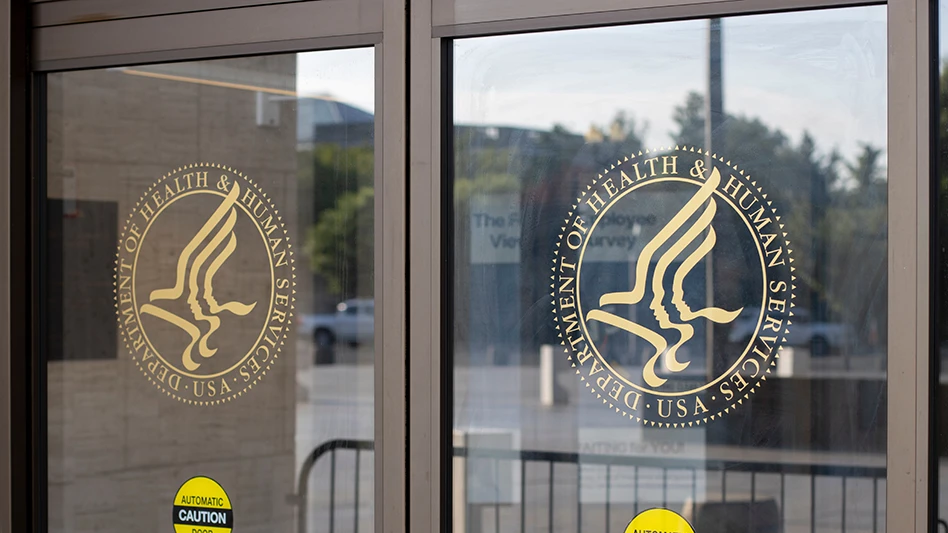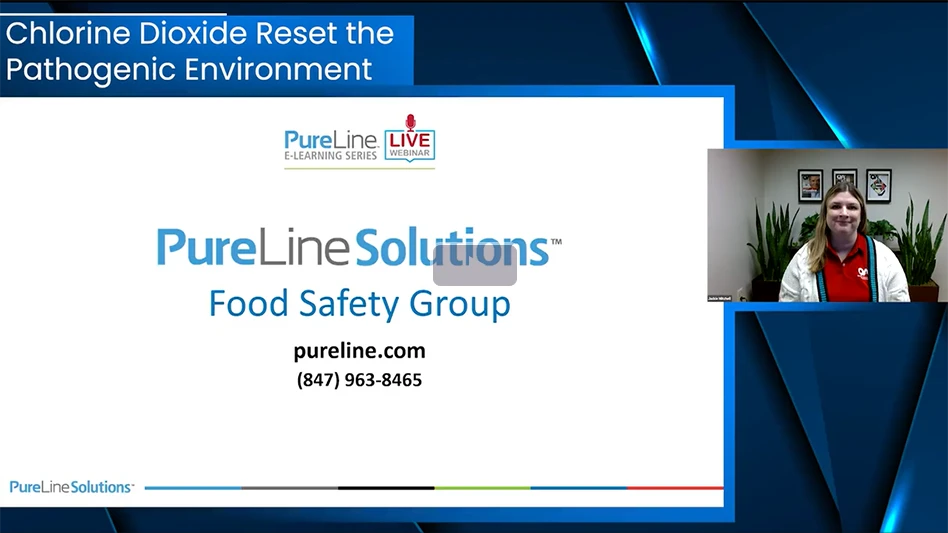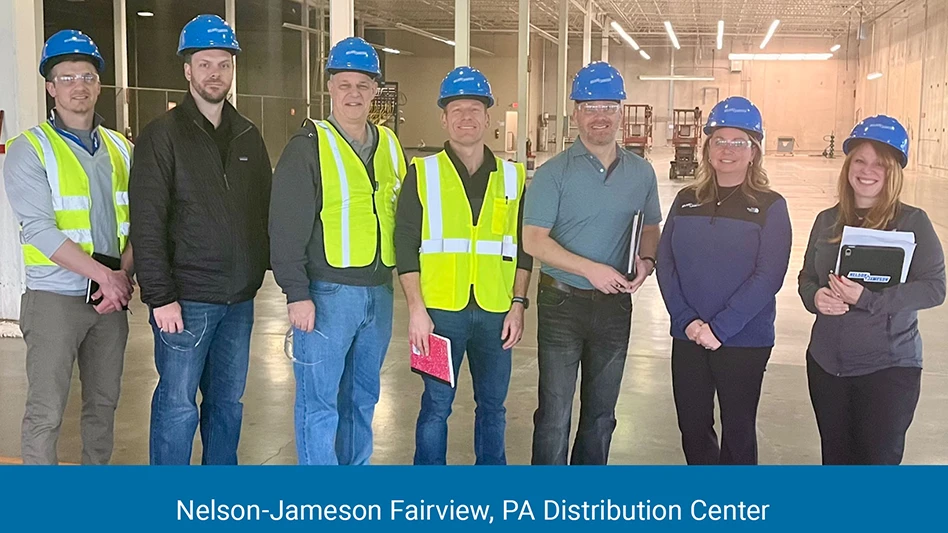

Most companies put into place detailed plans, protocols, audits, and training to make their products safe. They hire the best leadership and take a very proactive role in driving food safety. The growth and momentum of a food safety culture is a healthy sign of what many industry stakeholders now hold as a high priority.
How futile is it for food companies to put so much work into the safety of their products only to have it undone by failures at the restaurant or retail level? Unfortunately, this is not a hypothetical concern.
This year already, I have visited multiple restaurants, witnessing the food workers behind the counter break several food safety and/or public health rules, including scooping ice with the cup instead of the ice scooper, handling raw beef patties then cooked food, sweeping the floor then immediately handling food without washing hands, and eating while preparing food.
Perhaps nobody should be surprised by these observations, as we have seen discussion and even predictions of failures in food safety for well over 100 years. After the publishing of Upton Sinclair’s 1906 novel, The Jungle, the London Times Sunday Supplement of June 1, 1906, included a literary review of his influential book. In the review, the journalist wrote that “The things described by Mr. Sinclair happened yesterday, are happening today, and will happen tomorrow and the next day until some Hercules comes to cleanse the filthy stable.”
Hercules is far from any one single person or entity. Hercules can be found in the voices and in the actions of consumers and those who work in the food industry.
The reality is that food safety requires a herculean effort of all participants along the way from farm to the fork. Herculean effort is best defined as something requiring an enormous amount of work, strength, and courage.
A recent conversation put food safety into a different light for me. I asked someone in Dubai who works in food safety about how his focus impacts his personal life. What he told me is something that we need to consider in how we communicate with the many people needed as part of this herculean effort. He said, “When someone really loves music, I don’t think they would just stop singing. They would not think that they only sing when they are at music school…that they stop singing when they are at home. That would never happen. Food safety is like music for me — I don’t realize that I am doing things related to food safety…it just comes to me when I am doing many related tasks and even cooking at home. So, it is part of my life.”
Food safety experts talk about culture, about mission, about prioritizing it and investing in it. Consumers talk about food safety after incidents and crises have already harmed people. The news and social media broadcast information of industry failures and victims as if this coverage is an inevitable part of their job.
Imagine if food safety efforts were treated like music — something that can be woven into the fabric of industry like an art…like something that drives and is driven by passion. Imagine if solo food safety workers were to collaborate and band together with large groups to orchestrate herculean efforts.
There will never be an end to foodborne illness. When it comes to the herculean efforts behind food safety, however, I hope the music never ends.
Get curated news on YOUR industry.
Enter your email to receive our newsletters.

Explore the March 2019 Issue
Check out more from this issue and find your next story to read.
Latest from Quality Assurance & Food Safety
- Kim Heiman Elected to Second Term as President of Wisconsin Cheese Makers Association
- FAO Launches $150 Million Plan to Restore Ukrainian Agricultural Production
- Pet Food Company Implements Weavix Radio System for Manufacturing Communication
- Penn State Offers Short Course on Food Safety and Sanitation for Manufacturers
- USDA Announces New Presidential Appointments
- FDA to Phase Out Petroleum-Based Synthetic Dyes in Food
- IFT DC Section to Host Food Policy Event Featuring FDA, USDA Leaders
- CSQ Invites Public Comments on Improved Cannabis Safety, Quality Standards






